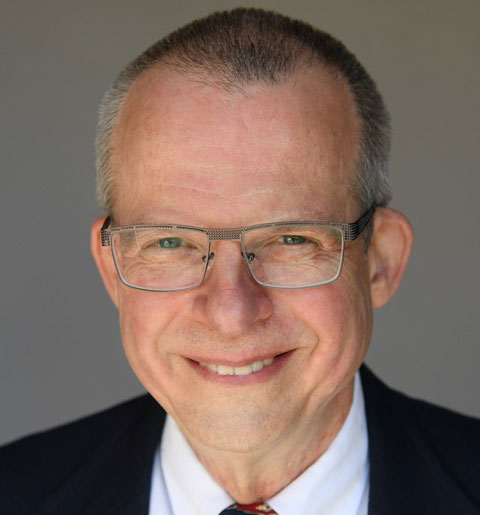Telehealth Intensive Outpatient Program
The current COVID-19 crisis has made going about our daily lives much more complicated than ever before. Between the constant quarantine measures and the overall risks of catching this dangerous virus, leaving the house seems like an increasingly bad idea. However, for those struggling with addiction, treatment is still accessible. Bayview Recovery offers a telehealth intensive outpatient program for those in need. Just because you are quarantined does not mean you can not get help..

What Is Telehealth?
Telehealth covers a wide array of services that do not require patients to physically be in the room. This relatively new addiction treatment method opens the door to help more people than ever. Rather than being limited to people in the local community, anyone with a phone or working internet can get the help they need. Some of the different methods of going through a telehealth intensive outpatient program help include:
- Telephone-based help: One of the original methods, telephone-based help allows people to call into the treatment centers for help. It is effective when working in continuing care for addiction.
- Video chats: Video chats take place through a secure channel. It allows people to use their computers to speak to their addiction specialists even when they are out of state.
- Texting: Texting is one of the easiest ways to reach out. It does not require you to stop what you are doing to speak to someone and it is much easier if you are out in a public area.
- Mobile Applications: There are a number of specially designed to allow users to get in touch with a specialist in minutes. Accessible from your tablet or phone, this method is not as well researched as others. Some have been effective in helping people struggling with an alcohol addiction work towards lessening their drinking.
- Web-based treatment programs: These programs are accessible at all times, as long as you have an internet connection. They are more effective at reducing alcohol consumption per week.
- Virtual reality: Some of the newest technology, virtual reality builds a computer-generated world around the user that simulates real-life situations. It is most often seen in the video game industry, but the endless possibilities it can deliver mean it can be adapted to virtually any situation, even addiction treatment.
Get Help From Bayview Recovery
We offer a number of addiction treatment programs for those looking to make a positive change in their lives. Some programs we offer include:
- Alcohol Addiction Treatment
- Opioid Addiction Treatment
- Intensive Outpatient Program
- Depression Treatment Program
- Anxiety Treatment Program
- Family Therapy Program
- Cognitive Behavioral Therapy Program
Do not let COVID-19 keep you from getting the help you need to live your life. You can overcome addiction and a brighter day is coming. To learn more about a telehealth intensive outpatient program and addiction treatment options, call 855.478.3650 today.
“The staff at the center has been remarkable in their care for our loved one. Tuni was with us the whole way as we tried to get this person into treatment. They continue to assist us as the process continues. Great work!”
Ray O
“I have been trying to get sober the past 3 years and I have been to treatment 5 times. Bayview Recovery was my 6th time. They helped me get to 142 days sober! I was a handful hot mess when I got there but the team never gave up on me. They work with families and they truly care about them too. Bayview house’s are clean and comfortable and the staff is amazing. They plan for fun events weekly and they want you to have fun. If your looking for something different call them it will save your LIFE!”
Cindy J
“Bayview is dedicated to providing clients the healthiest environment to develop a solid foundation in their recovery. The therapists and medical team are devoted to ensure clients have the best individualized care. I highly recommend Bayview for anyone seeking a highly professional treatment program. The care and compassion given to clients is remarkable.”
Robin M
“This is a fantastic facility with outstanding staff. If you or a loved one is struggling this is a great program to start the journey of recovery and get life long skills and relationships to begin a new life!”
Garrett T
“Just picked up our daughter after 90 days at Bayview Recovery. Loved the staff and facility, do not know what the future holds ???????? but while at Bayview , always felt informed. Highly recommend, incredibly helpful especially at the very beginning when we were so helpless and needed help the most – God Bless.”
Rosie S
Dave Cundiff, MD, MPH is an experienced leader in the field of Substance Use Disorder treatment. He works with patients suffering from Substance Use Disorder to evaluate their medication needs and prescribe treatments accordingly. In addition, he regularly participates in all-staff debriefing sessions involving peers, nurses, and other prescribers. He also reviews and advises on policies, procedures, and techniques for treating substance use disorder.




